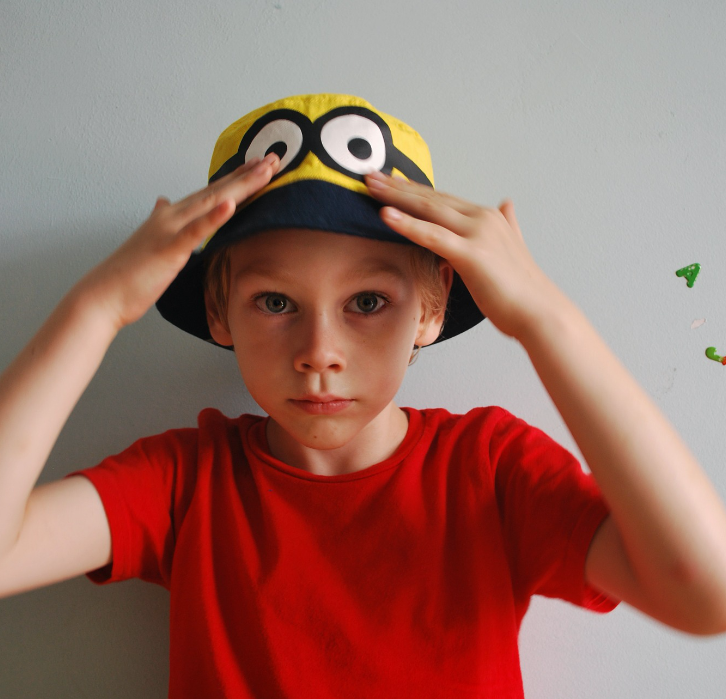A word about gender
Before I talk about boys in school, let me start by acknowledging that gender is complicated. We learn more every day about its many complexities and intricacies. We know, for example, that gender exists on a continuum. Even if we oversimplify and separate people into “boys” and “girls” and the qualities associated with each, we can all think of examples of “nurturing” boys and “aggressive” girls.
So even if this blog is about boys in school, this post applies to girls as well. You may even have a girl who fits some of the “boy” descriptions below. Perhaps you already know all too well that girls who have trouble controlling their behavior can experience negative responses from the people around them, as do many of our children affected by trauma, both boys and girls.
Schools are designed for (good) girls
I want to talk about what it is like for boys like my son who spend most of their time in a setting designed for girls, a good girl school for girls like me who can sit for ages and behave and learn and follow directions and achieve and please. I excelled at that. Many teachers, especially teachers who teach teachers, excel at that. I know I did.
Most boys don’t make very good girls. My brother, for example, definitely did not. One time, he asked me to help him build a model fighter plane. I was thrilled that my older brother wanted to spend time with me. We spent hours assembling the plane, even letting the decals soak correctly before putting them on the plane. What fun it was to do that with him! When the plane was finished, he took it outside into the backyard and blew it up with little firecrackers. He’d built the thing to blow it up! I couldn’t believe it.
Did my brother do well in school?
No.
Did I?
Yes.
What’s the difference?
Maybe it’s the difference between a lecture and a lab.
“Lecture” (aka “good girls” in school) “Lab” (aka “boys” in school)
Use your brain, not your body Learn by moving
Sit quietly Use “excess” energy to help learn
Self-control Follow impulses and explore
Follow directions Use trial and error
Please others Be a “rebel”
You can probably add to this list.
Now think about the typical classroom–not the blessed exception, but rather the ones we see every day as students, educators, and parents. Does it look more like the “lecture” or the “lab”? Now think about the “lab” student trying to make the “lecture” setting work.
Can we reasonably expect this will happen, even on paper?
No.
It doesn’t have to be this way
Why must every child fit the mold of the regulated, attentive, capable, well-adjusted girl? Can we make space for other molds? A space for boys in school?
I think we can. More, I think we must. This vision of school will help not just boys, but every child who learns differently for whatever reason, including early childhood trauma.
Take an example from the animal world. A Labrador puppy is full of boundless energy and mischief. Yet with the right loving care, handling, and education, that same pup’s energy might help him become an outstanding drug dog, a guide dog, or a therapy dog.
Or think about the men the world sees as heroes, the ones we love to see in movies. They break the rules, run toward the fire, keep going until their loved ones or town or world is safe.
I am not saying it has to be one way or the other. I am saying we need to acknowledge all types of learners, regardless of gender, learning style, or background (including trauma history and ACE scores), and what they have to offer the world. This work starts in our classrooms and schools.



